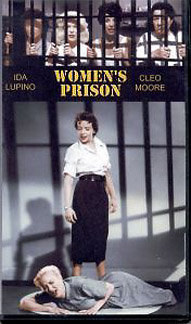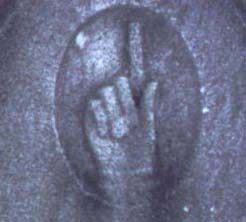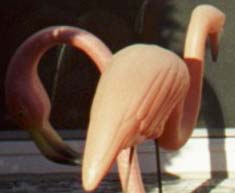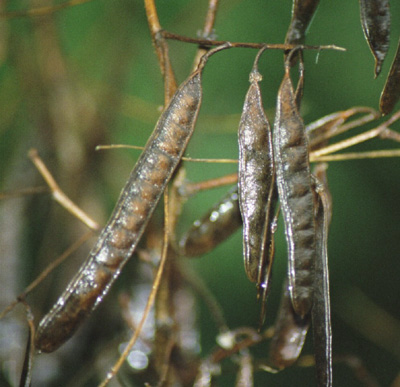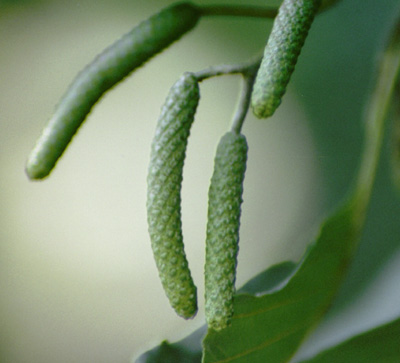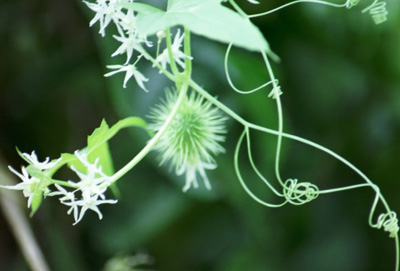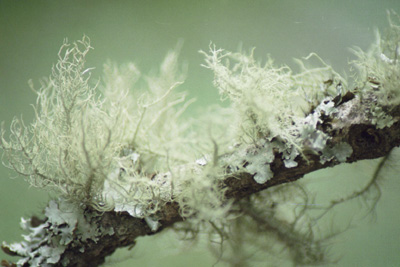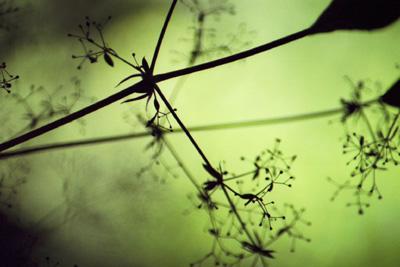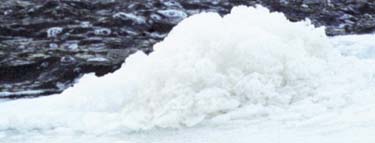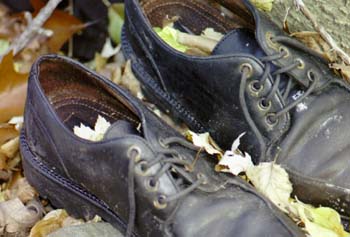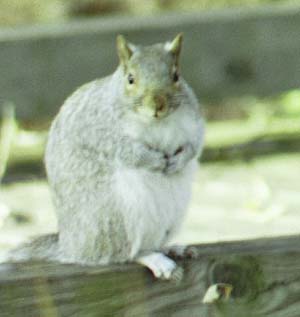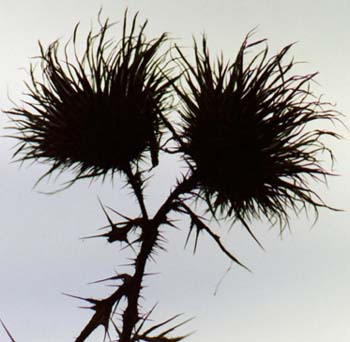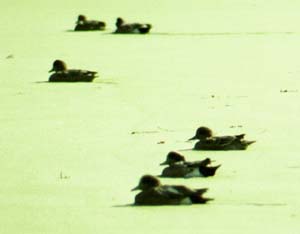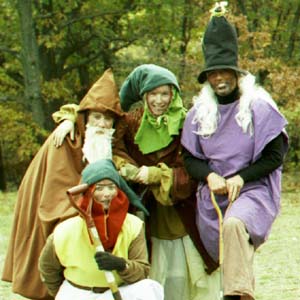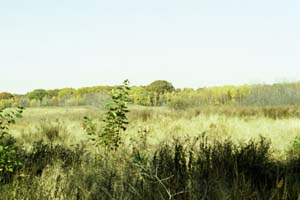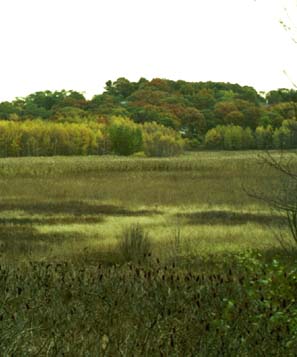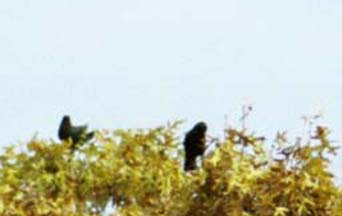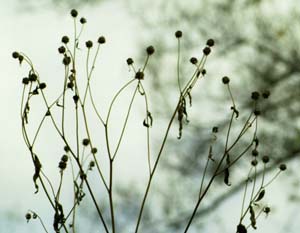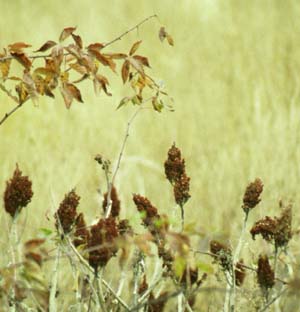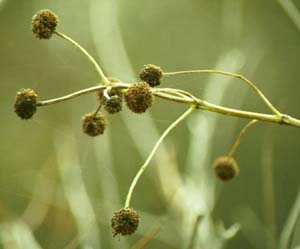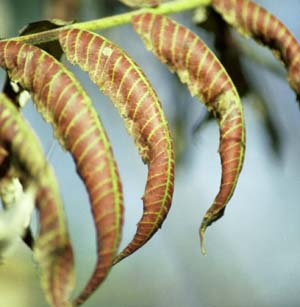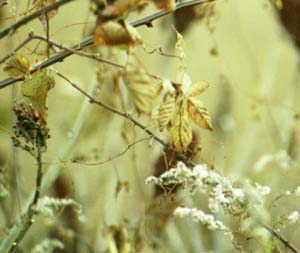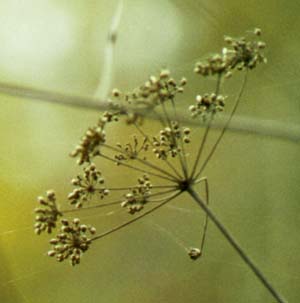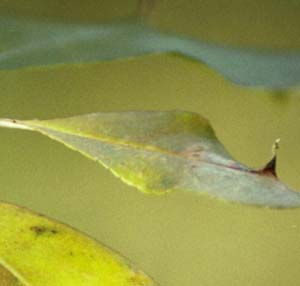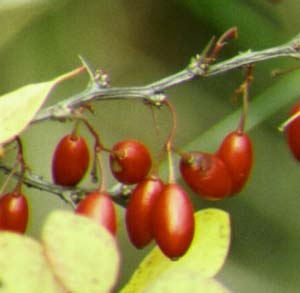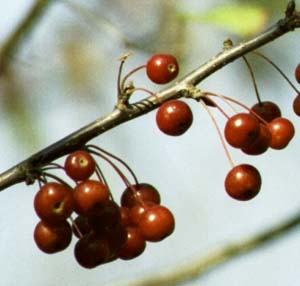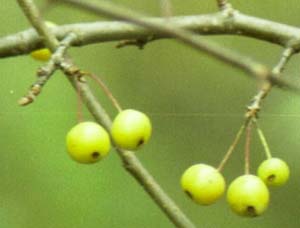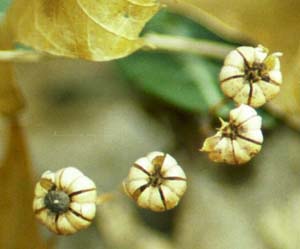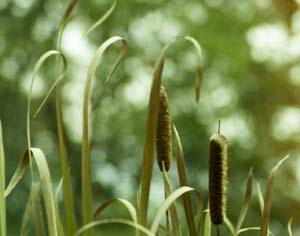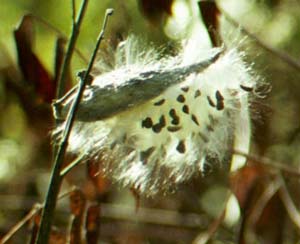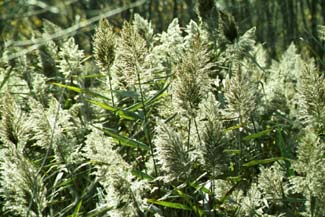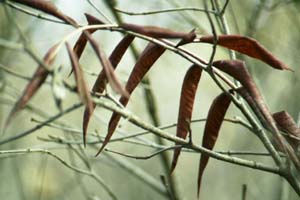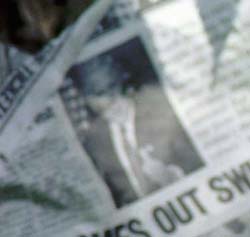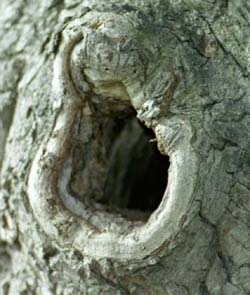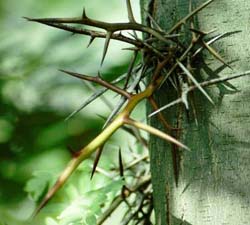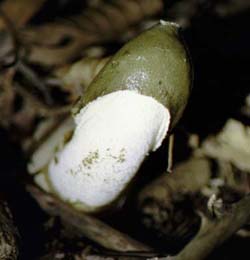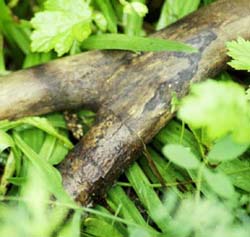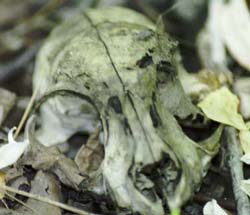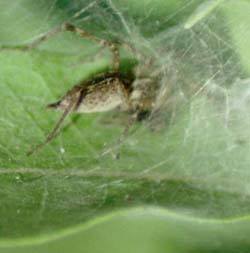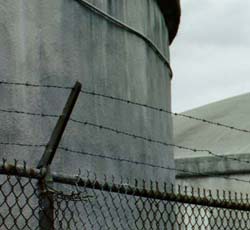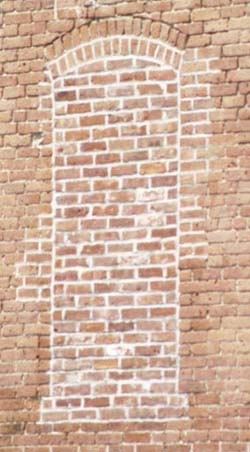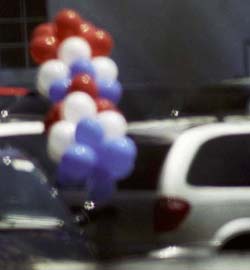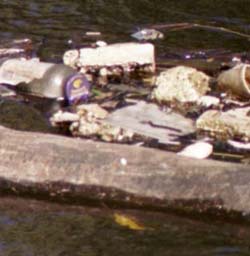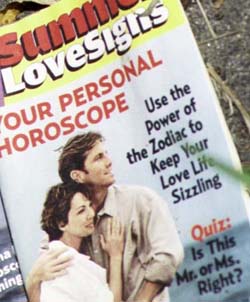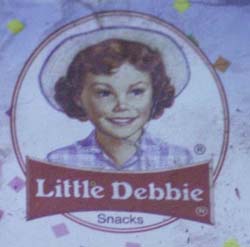"I've been bad," she said, and held out her hand.
She was holding this
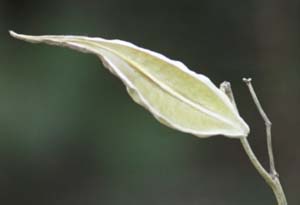
and a twig with a single red berry.
It was the very same milkweed pod that's in my photo. I'm sure of it.
"Oh," I said, startled. "I took a picture of that ! I called it Septum, because of that graceful partition !"
Grace, I think, will be a good custodian of the milkweed pod. She has a keen eye. She looks closely at the world. She pays attention. She can discourse at length on the enormous palette concealed in the word "brown." She knows the hawks and the herons who frequent this bend in the river. She quilts and paints and told me she loves her most recent painting -- trees -- because of its purples and yellows. Trees are her usual subject, but the colors surprised her.
"Purple," I said, "like those alder catkins."
"Yes."
Grace is not much of a criminal. At worst, a petty thief or a grave robber. Certainly not a murderer. I thought of the beautiful stand of Jerusalem Artichoke that had bloomed a few hundred yards down the path last summer. How, returning along the path one day, I found they'd been beheaded. Every last one of them. I inspected the truncated stems as if I were a forensic botanist. They were cleanly cut, maybe by a very sharp knife, or good scissors.
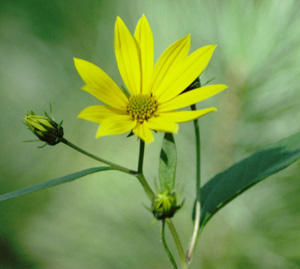
It was a case of mass murder.
So what species of criminal am I, pointing and shooting as I do, stealing light and freezing time ? One takes pictures, after all. An act of appropriation. Of framing, as in, Hey, I was framed !
I am voyeur, kidnapper Collector of images.
And there's places for people like Grace and me: incorrigibles, career criminals, living devil-may-care lives way beyond the allowable three strikes.
